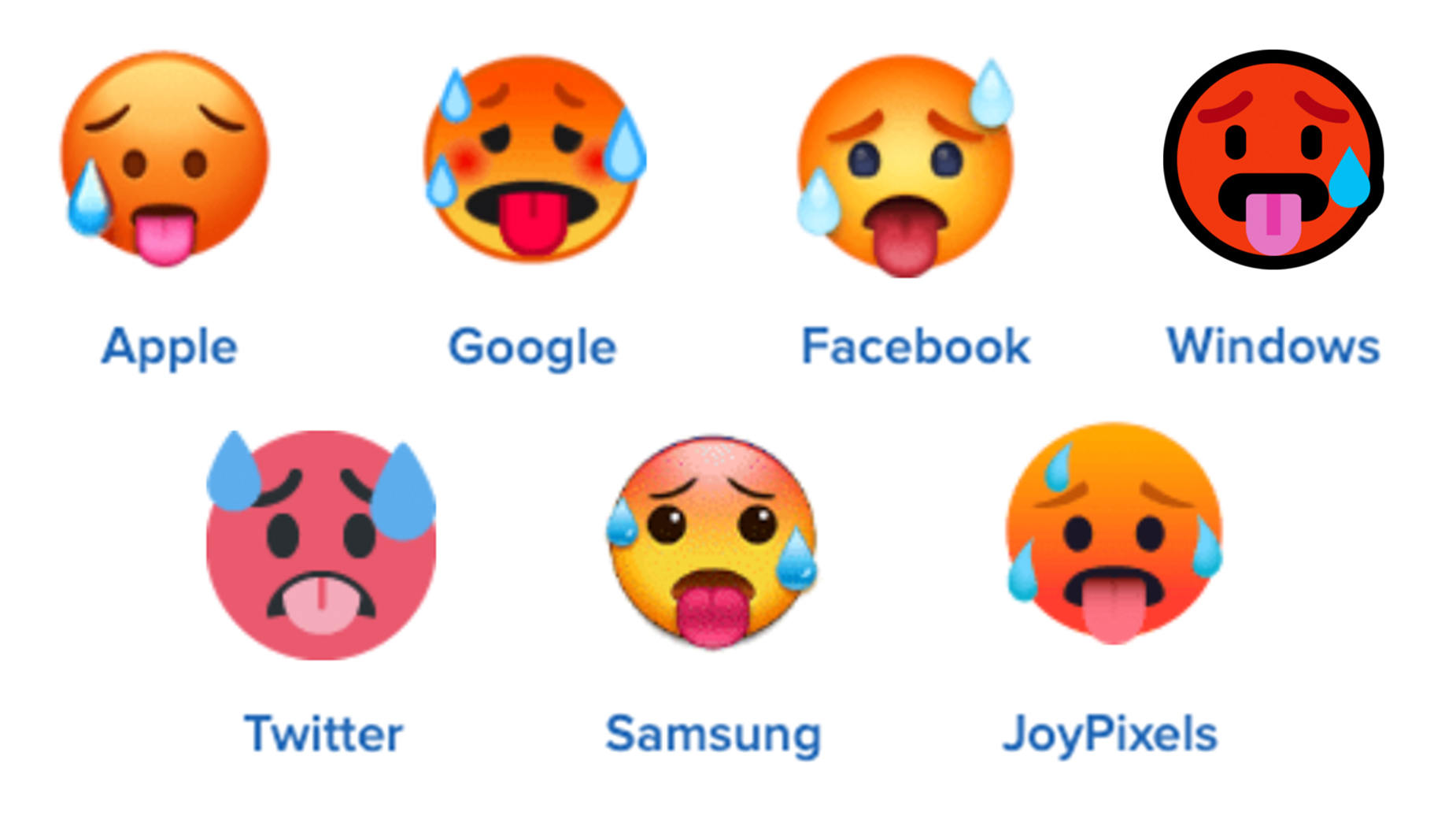I reported that the world has now had its *four* hottest days ever this week in PBS NewsHour reports 'Record-breaking global temperature, raging wildfires highlight effects of climate change' plus Thursday broke another record.The record-breaking heat and other effects of climate change have continued, catching MSNBC's attention this weekend; it's not just me. Watch Jeff Berardelli explain the connection between extreme weather and climate change in Extreme weather and climate change seen from a meteorologist’s eyes.
...
It's so bad that I checked to see if the average global temperature records were broken on Friday and Saturday for a fifth or even sixth time. The closest I could find was Mother Jones asking Did Planet Earth Just Have its Hottest-Ever Week? The answer seems to be yes: "Until last week, no single day over the Climate Reanalyzer’s 44 years of records has had an average temperature higher than 62.6 degrees Fahrenheit. But the the seven-day stretch ending Thursday averaged that much."
Extreme weather is expected to intensify across the world over the coming months. Not only is climate change to blame, but there’s also the fact that we are entering an El Niño year, which means more heat, more moisture, more energy in the entire system. But as our climate and weather patterns change, so does the role of meteorologists and the facts they report. WFLA meteorologist Jeff Berardelli discusses his experience with American Voices host Alicia Menendez.I'm one of Berardelli's fans, so I'm always happy to see him interviewed, even if the news he delivers is scary.
MSNBC had several stories about the threat that heat poses to human health. Since I'm originally from Los Angeles, I'm featuring Los Angeles' first 'Heat Officer' works to combat effects of record-breaking heat.
Marta Segura is the first-ever Heat Officer of Los Angeles, as southern California faces record-breaking, deadly temperatures and increased wildfires. "It's not your grandmother's summer," Segura told Yasmin Vossoughian. She also hopes the position, which also exists in Miami and Phoenix, will be considered in other states.When I blog about Woodland Hills, the part of Los Angeles where I grew up, it's always about how much hotter it is now than it was 50 years ago. As I wrote five years ago, "I don't remember heat waves this bad or this frequent growing up, so things have definitely changed." That Los Angeles has created a Heat Officer position reflects this.
Ali Velshi stressed the importance of trying to do something about the climate instead of moving from denial to despair in Climate Crisis: The impact of the record breaking marine heatwave.
As we enter an El Nino weather pattern - a system of unusually high ocean surface temperatures - the impacts on our heating oceans are severe. The global average ocean temperature hit an all time high in April, and continues to break records almost daily. One of the impacts of warming oceans is the harm caused to marine ecosystems.Velshi's message is one I tell my students. While I'm not afraid to scare them or gross them out, I also want to give them hope. It's the same approach I take here with my readers.
We're seeing coral reefs bleach and die, and mass fish die-offs. Warmer oceans contribute to stronger storms, hurricanes, and cyclones, and facilitate more evaporation. And these extreme storms dump more rain - just look at the flooding that has occurred around the world in the last few days.
Speaking of lightening the mood, today is World Emoji Day, so I'm sharing some appropriate emojis.

Try to stay safe and cool out there.
No comments:
Post a Comment